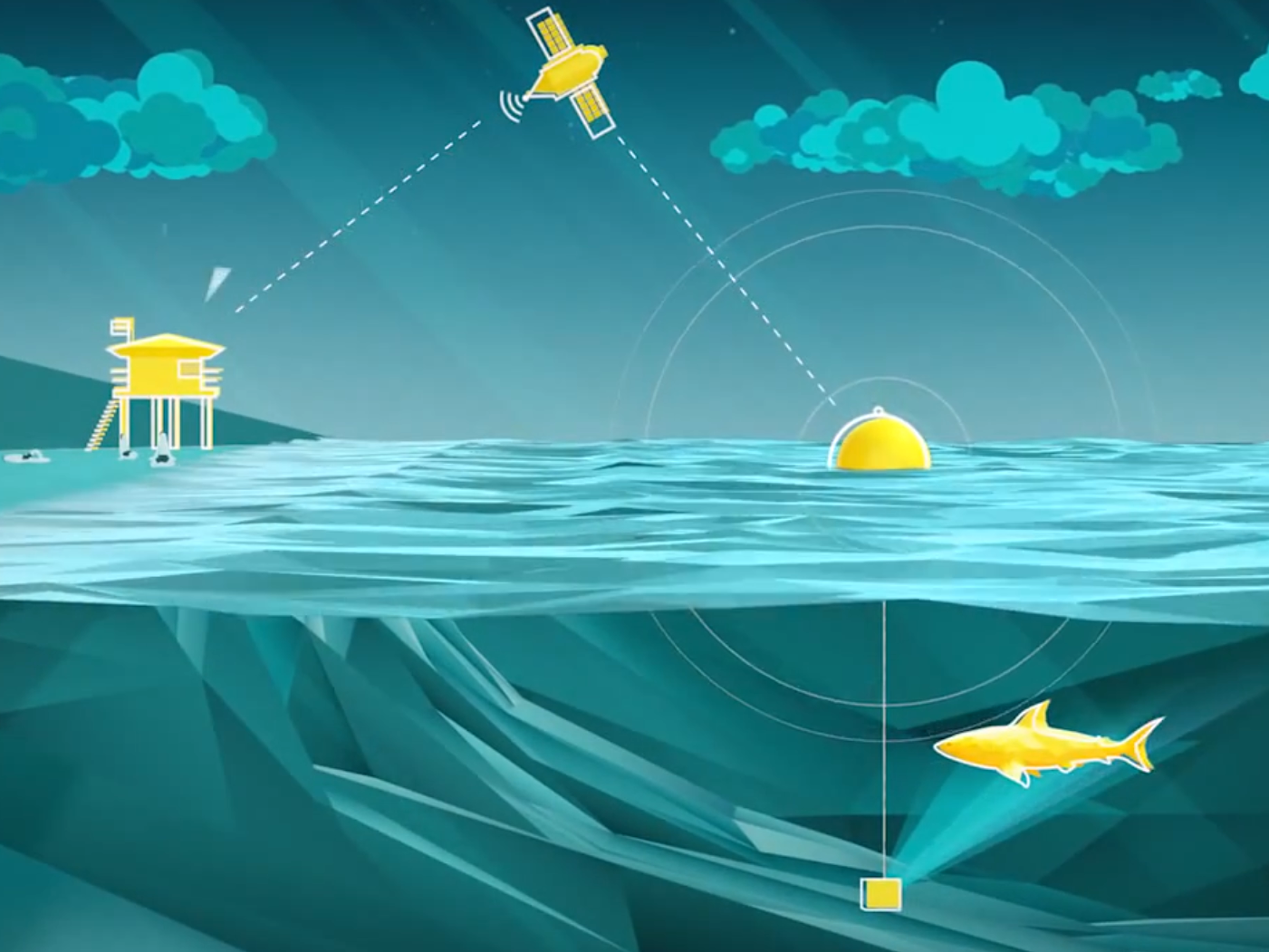Bondi Beach trialling ‘virtual shark nets’ to save lives
Clever Buoy identifies sharks using sonar before relaying the information back to lifeguards
Your support helps us to tell the story
From reproductive rights to climate change to Big Tech, The Independent is on the ground when the story is developing. Whether it's investigating the financials of Elon Musk's pro-Trump PAC or producing our latest documentary, 'The A Word', which shines a light on the American women fighting for reproductive rights, we know how important it is to parse out the facts from the messaging.
At such a critical moment in US history, we need reporters on the ground. Your donation allows us to keep sending journalists to speak to both sides of the story.
The Independent is trusted by Americans across the entire political spectrum. And unlike many other quality news outlets, we choose not to lock Americans out of our reporting and analysis with paywalls. We believe quality journalism should be available to everyone, paid for by those who can afford it.
Your support makes all the difference.A shark detection system is being trialled that can alert lifeguards to their presence via an app.
Bondi Beach in Sydney, Australia, is testing the technology that uses smart buoys placed in the water.
The “Clever Buoy” system uses sonar to detect self-propelled objects larger than six foot. Once detected, lifeguards receive realtime alerts through an app, allowing them to immediately sound an alarm and evacuate the water.
The technology hopes to provide a more effective means of preventing shark attacks than the nets, air surveillance and lifeguards currently in place.
Last year saw a record number of shark attacks worldwide, counting 98 incidents. Australia accounted for 18 of those, the most since 2009.
Before that year Bondi Beach had recorded no attacks since 1929.
Primary Industries Minister for New South Wales, Niall Blair, told 9 News of his excitement ahead of the trial.

"We think that this has the potential to be the Holy Grail, when it comes to reducing the risk for beachgoers in NSW," Mr Blair said.
New South Wales saw 13 shark attacks last year, one of which was fatal involving a Japanese surfer.
One of Shark Mitigation Systems’ founders, Craig Anderson, who helped design the system said it had a 90 per cent success rate.
"It uses new-age sonar technology, coupled with some software that we've written, to develop what is, for all intents and purposes, a virtual shark net," he said.

Join our commenting forum
Join thought-provoking conversations, follow other Independent readers and see their replies
Comments